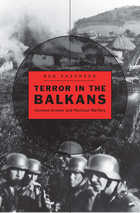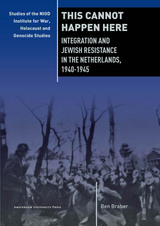Romans and the Power of the Believer
SBL Press, 2022
eISBN: 978-1-62837-442-1 | Cloth: 978-1-62837-441-4 | Paper: 978-1-62837-312-7
See other books on: Deconstruction | Exegesis & Hermeneutics | New Testament | Paul's Letters | Romans
See other titles from SBL Press
eISBN: 978-1-62837-442-1 | Cloth: 978-1-62837-441-4 | Paper: 978-1-62837-312-7
ABOUT THIS BOOK | AUTHOR BIOGRAPHY | TOC
ABOUT THIS BOOK
Richard J. Britton uses the critical theory of Jacques Derrida, Giorgio Agamben, and others to examine the financial, gift, and olive tree metaphors of Paul’s Letter to the Romans. Drawing upon papyri about money, gifts, and friendship, Greek and Roman farming handbooks, and later sources, including the Book of Mormon and writings from colonized places, Britton questions the way some people understand faith, grace, and identity in the New Testament and beyond. Britton asserts that the believer is not a passive recipient of God’s grace and righteousness but rather an interpreter, reader, and decision maker actively involved in reciprocal exchange and enhancement of God’s eschatological and soteriological project. Believers, he concludes, negotiate meaning through their own interaction with texts and traditions in combination with their own personal relationship with the divine and the world. Turning to the contemporary world, Britton contends that, if we want to upend the oppression of established religion and ideology, we must first appreciate the believer as a powerful and responsible agent within God’s cosmic project.
See other books on: Deconstruction | Exegesis & Hermeneutics | New Testament | Paul's Letters | Romans
See other titles from SBL Press












